Home>Dining>Table Decor>Who Keeps The Floral Arrangements After A Wedding
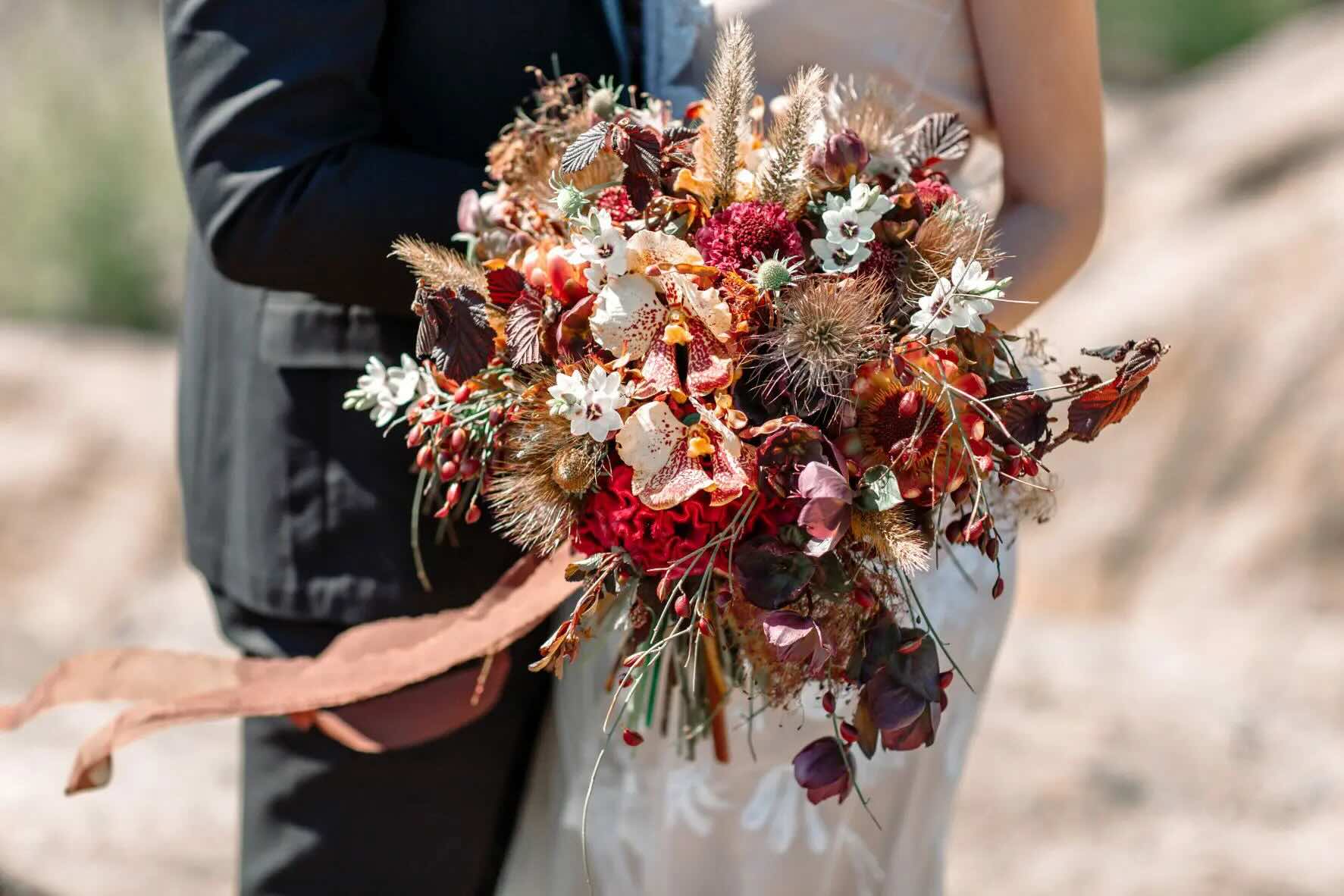

Table Decor
Who Keeps The Floral Arrangements After A Wedding
Modified: December 7, 2023
Discover who keeps the stunning floral arrangements after your wedding. From centerpieces to bouquets, explore what happens to the table decor post-ceremony.
(Many of the links in this article redirect to a specific reviewed product. Your purchase of these products through affiliate links helps to generate commission for Storables.com, at no extra cost. Learn more)
Introduction
When it comes to creating a magical atmosphere at a wedding, floral arrangements play a vital role. The beautiful blooms and tasteful arrangements not only enhance the aesthetic appeal of the venue but also reflect the couple’s style and personality. From breathtaking centerpieces to elegant bouquets, flowers add a touch of romance and elegance to any wedding celebration.
While the focus is often on the ceremony and reception, what happens to these stunning floral arrangements after the wedding is a question that may arise. Who gets to keep them? Do they simply get discarded? In this article, we will explore the traditions and factors to consider when deciding who keeps the floral arrangements after a wedding. Whether you’re a bride-to-be, a wedding planner, or simply curious, this guide will provide insights into this often-overlooked aspect of the wedding day.
The importance of floral arrangements in weddings cannot be overstated. They serve as an integral part of the overall decor, setting the mood and ambiance for the entire event. Vibrant arrangements can transform any space into a romantic wonderland, while subtle and delicate blooms can add a touch of sophistication to a more minimalist design.
Moreover, floral arrangements provide a visual connection between different elements of the wedding, such as the ceremony backdrop, reception tables, and bridal party accessories. They tie together the color scheme, theme, and style of the event, making everything cohesive and captivating. Whether it’s a rustic outdoor affair or an opulent indoor celebration, flowers bring life and beauty to every corner of the venue.
Traditionally, the practice was for the bride and groom to keep some of the floral arrangements as a memento of their special day. This typically included the bride’s bouquet and perhaps a few select centerpieces or arrangements from the ceremony or reception. These flowers would be carefully preserved or dried and stored as a cherished keepsake. However, the decision on who gets to keep the floral arrangements is not set in stone.
Several factors come into play when deciding what happens to the floral arrangements after the wedding. These considerations can vary depending on cultural traditions, personal preferences, and practical considerations. Let us take a closer look at these factors to shed some light on this often-discussed topic.
Key Takeaways:
- After the wedding, the fate of floral arrangements is a significant decision. Couples can choose to preserve, repurpose, or donate them, reflecting their values and commitment to sustainability.
- The bride and groom play a crucial role in deciding the fate of the floral arrangements, considering their sentimental attachments, practical considerations, and the input of key stakeholders.
Read more: How To Pick Floral Arrangements For Weddings
Importance of Floral Arrangements in Weddings
Floral arrangements hold a significant role in the overall wedding experience. They add a touch of beauty, elegance, and romance to the venue, creating a visually stunning backdrop for the couple’s special day. Here are some reasons why floral arrangements are crucial in weddings:
- Enhancing the Atmosphere: Flowers have a unique ability to transform any space into a welcoming and enchanting environment. The colors, textures, and scents of the blooms create an atmosphere that resonates with love, joy, and celebration. They help set the mood and create a memorable experience for the couple and their guests.
- Symbolizing Love and Beauty: Flowers have long been associated with love and beauty in various cultures. They symbolize the blossoming of a new chapter in the couple’s life and the beauty that love brings. Each bloom has its significance, whether it’s the grace and purity of white roses or the passion and desire represented by deep red tulips.
- Adding Personal Touch and Style: Floral arrangements allow couples to infuse their personal style and preferences into their wedding decor. Whether it’s a romantic and whimsical theme or a modern and minimalist approach, the choice of flowers and arrangement style can reflect the couple’s unique taste, making the wedding feel more personal and memorable.
- Tying Together the Theme and Color Palette: Flowers are often chosen based on the wedding’s color palette and theme. They serve as a cohesive element, tying together different elements of the wedding, such as the bridal party attire, table settings, and overall venue decor. The right floral arrangements can create a harmonious and visually appealing aesthetic.
- Highlighting Key Moments: From the bride’s bouquet to the ceremony arch and reception centerpieces, floral arrangements act as focal points that draw attention to key moments of the wedding. They frame the couple as they exchange vows, adorn the tables where guests gather, and add beauty to the wedding photos, preserving the memories for years to come.
Overall, floral arrangements play a crucial role in weddings, creating a magical and enchanting ambiance that leaves a lasting impression. Their beauty, symbolism, and ability to tie together various elements make them an essential component of any wedding celebration. Whether small and intimate or grand and opulent, flowers have the power to elevate the aesthetics and make the day truly unforgettable.
Traditional Practice of Keeping Floral Arrangements
In the past, it was customary for the bride and groom to keep some of the floral arrangements from their wedding as keepsakes. This tradition allowed them to preserve a tangible memory of their special day and the beautiful flowers that adorned their celebration. Typically, the bride would keep her bouquet, and sometimes a few select arrangements from the ceremony or reception would also be saved.
The bride’s bouquet holds particular significance as it is a key accessory that accompanies her down the aisle. It is often selected to complement her wedding attire, reflect her personal style, and even carry symbolic meaning. The bouquet typically contains a combination of flowers that hold sentimental value or convey specific emotions.
Alongside the bride’s bouquet, other floral arrangements such as ceremony arches, altar decorations, and reception centerpieces were often kept as mementos. These arrangements were meticulously crafted to complement the wedding theme and enhance the overall aesthetic of the venue. Couples would choose which arrangements to keep based on their personal preferences and sentimental attachment.
To preserve these floral arrangements, there are various methods that can be employed. Drying the flowers is a popular technique, as it allows them to retain their shape and color. There are different drying methods to choose from, including air drying, pressing, or using silica gel. Once dried, the flowers can be displayed in a shadow box, incorporated into artwork, or simply stored in a sealed container as a keepsake.
While the traditional practice of keeping floral arrangements is still prevalent, it is not a strict rule. Couples today have more flexibility in deciding what happens to the flowers after the wedding. Alternative options include donating them to charitable organizations, repurposing them for another event, or even composting them to minimize waste.
It’s worth noting that the tradition of preserving floral arrangements may vary across cultures and regions. In some cultures, it is customary for the mother of the bride or groom to preserve the bouquet as a symbol of love and prosperity for the newlyweds. The couple may choose to honor these cultural traditions and pass down the preserved bouquet as a family heirloom.
Ultimately, the decision on whether to keep the floral arrangements lies with the couple. They can choose to preserve them as cherished mementos, donate them to spread joy, or repurpose them in creative ways. The choice depends on personal preference, cultural traditions, and practical considerations.
Factors to Consider in Deciding Who Keeps the Floral Arrangements
Deciding who keeps the floral arrangements after a wedding involves considering several factors. While tradition often plays a role, there are other important considerations that can influence this decision. Here are some factors to keep in mind:
- Personal Preference: The personal preference of the couple is perhaps the most significant factor. Some couples may have a strong desire to keep their wedding flowers as a cherished memory, while others may not attach as much sentimental value to them. Discussing and understanding each other’s preferences can help in making a joint decision.
- Practical Considerations: Practical considerations such as logistics and the couple’s living arrangements can also come into play. For example, if the couple is going on their honeymoon immediately after the wedding, they may not have the means or space to preserve the flowers. In such cases, an alternative option like donating the arrangements may be more feasible.
- Cultural Traditions: Cultural traditions and customs can influence the decision as well. Some cultures have specific rituals or beliefs surrounding the preservation or disposal of wedding flowers. Considering these traditions can help couples navigate through this decision-making process.
- Financial Factors: The cost of preserving the flowers can also be a factor. Preserving and drying flowers requires time, effort, and sometimes professional help. Couples should consider whether they are willing to invest in this process or if they would prefer to allocate their budget to other aspects of their post-wedding life.
- Sentimental Value: Some floral arrangements may hold more sentimental value than others. For example, the bride may have a deeper attachment to her bouquet, while centerpieces or other decorations may not carry the same emotional significance. Identifying which arrangements hold the most sentimental value can help in deciding what to keep.
- Sharing the Joy: Couples may choose to spread joy by donating their floral arrangements to local hospitals, nursing homes, or charitable organizations. This act of kindness allows others to enjoy the beauty of the flowers and extends the celebration beyond the wedding day.
It’s important for couples to have open and honest conversations about these factors and consider their own priorities and values. There is no right or wrong answer when it comes to deciding who keeps the floral arrangements. Ultimately, it’s about finding a solution that aligns with the couple’s wishes, sentiments, and practical circumstances.
Role of the Bride and Groom in Deciding
As the central figures in the wedding, the bride and groom play a significant role in determining the fate of the floral arrangements. It is their special day, and their desires, preferences, and sentimental attachments should be taken into consideration. Here are some considerations for the bride and groom when deciding who keeps the floral arrangements:
- Sentimental Attachment: The bride and groom may have a strong emotional connection to the floral arrangements, particularly the bride’s bouquet. It is important for them to reflect on the sentimental value the flowers hold and whether they wish to keep them as keepsakes.
- Personal Preference: Each individual may have personal preferences regarding the preservation or disposal of the flowers. The bride and groom should openly discuss their desires and come to a mutual agreement on what they feel is the best course of action.
- Decoration Plans: The bride and groom may have plans to repurpose or incorporate the flowers into their new home, such as decorating their wedding photo display area or their first dinner table as a married couple. Considering how the flowers can be used beyond the wedding day can influence their decision.
- Logistical Considerations: Couples should also consider the logistics involved in keeping the floral arrangements. If they are going on their honeymoon immediately after the wedding or have limited storage space, they may need to explore alternative options such as donating the flowers or arranging for them to be preserved by a professional.
- Financial Factors: Financial considerations may also come into play. Preserving and drying the flowers can add an additional cost to the wedding budget. The bride and groom should assess whether they are willing to allocate resources to floral preservation or if those funds could be used in other meaningful ways in their new married life.
- Shared Decision-Making: Ultimately, the decision should be made together as a couple. Open communication, compromise, and an understanding of each other’s desires and sentiments will help ensure that both partners are satisfied with the outcome.
While the bride and groom have an influential role in deciding who keeps the floral arrangements, it is also important to consider the input and wishes of other individuals involved in the wedding planning process. This can include family members, wedding planners, and the florist. By considering multiple perspectives, the couple can make an informed decision that aligns with their vision and values.
The couple getting married typically keeps the floral arrangements after the wedding. They can choose to take them home, give them to guests, or donate them to a local hospital or nursing home.
Role of the Florist in Deciding
The florist plays a crucial role in the wedding planning process, and their input and expertise can help guide the decision-making regarding the fate of the floral arrangements. Here are some ways in which the florist can contribute to the decision-making process:
- Expert Advice: Florists have extensive knowledge and experience in working with flowers. They can provide valuable insights and suggestions based on their understanding of different flower varieties, their longevity, and the best preservation methods. Their professional advice can help the couple make informed decisions.
- Understanding Expectations: A skilled florist will take the time to understand the couple’s expectations and desires when it comes to the floral arrangements. By discussing preferences, sentimental attachments, and any concerns, the florist can help tailor their recommendations and solutions to best meet the couple’s needs.
- Exploring Alternatives: If the couple is undecided about keeping the floral arrangements, the florist can present alternative options. This may include repurposing the flowers for another event, donating them to charitable causes, or even composting them to minimize waste. The florist can offer creative ideas and suggestions that align with the couple’s wishes.
- Providing Preservation Guidance: If the couple wishes to keep the flowers as keepsakes, the florist can provide guidance on the preservation process. They can recommend the best drying techniques, preservation products, or even refer the couple to professionals who specialize in flower preservation. This guidance ensures that the floral arrangements are preserved in the best possible way.
- Logistical Support: The florist can assist in the logistical aspects of handling the floral arrangements after the wedding. This may involve coordinating with the venue staff for collection, offering packaging or storage solutions, or arranging for delivery if the couple wishes to donate the flowers to local organizations or hospitals.
- Sustainability Considerations: Florists who prioritize sustainability can offer eco-friendly options and suggestions. This may include using locally sourced flowers, recommending biodegradable materials for arrangements, or providing information on environmentally-friendly disposal methods. These considerations can align with the couple’s values and contribute to a more sustainable wedding experience.
The florist’s role is not only limited to the wedding day but extends to helping the couple make decisions about the floral arrangements after the event. By leveraging their expertise and understanding the couple’s needs, the florist can provide guidance and support to ensure that the flowers are handled in the most appropriate and meaningful way.
Role of the Venue in Deciding
The venue plays a significant role in the decision-making process when it comes to determining the fate of the floral arrangements after a wedding. Here are some ways in which the venue can influence this decision:
- Venue Policies: Different venues may have specific policies in place regarding the disposal or removal of floral arrangements. Some venues may require that all decorations, including the floral arrangements, be removed immediately after the event. It is important for the couple to be aware of these policies and consider them when making their decision.
- Space Limitations: The available space at the venue can impact the couple’s ability to keep the floral arrangements. If the couple has limited storage space or if the venue does not allow them to store the arrangements on-site, they may need to consider alternate options such as donating the flowers or arranging for their preservation elsewhere.
- Collaboration with the Venue: Open communication with the venue staff can help couples explore possibilities for preserving or repurposing the floral arrangements. The venue may have recommendations or contacts for flower preservation services or local organizations that accept donations. Collaboration with the venue can lead to mutually beneficial solutions.
- Venue Aesthetic: Some venues have a unique aesthetic that may not lend itself to preserving or repurposing the floral arrangements. For example, if the venue has a modern, minimalistic design, it may not be in line with the couple’s desire to keep romantic, elaborate floral centerpieces. Considering how the arrangements fit in with the venue’s overall atmosphere can influence the decision.
- Environmental Considerations: The venue may have specific environmental guidelines or sustainability practices that the couple should take into account. If the venue embraces eco-friendly policies, the couple may explore options such as composting or donating the flowers to align with the venue’s values and contribute to a more sustainable approach.
- Venue Recommendations: Venue staff members often have experience and knowledge of local resources and organizations that can assist with preserving or donating floral arrangements. They may be able to recommend reliable florists, preservation services, or charitable organizations that accept floral donations, making the decision-making process easier for the couple.
It is important for the couple to consult with the venue early in the planning process and discuss their intentions regarding the floral arrangements. By understanding the venue’s policies and collaborating with the staff, couples can navigate the decision-making process more effectively and find solutions that align with both their desires and the venue’s requirements.
Alternatives to Keeping the Floral Arrangements
While keeping the floral arrangements as keepsakes is a traditional practice, there are alternative options that couples can consider. These alternatives allow the beauty of the flowers to be enjoyed beyond the wedding day. Here are some alternatives to keeping the floral arrangements:
- Donating to Charitable Organizations: Couples can choose to spread joy by donating their floral arrangements to local hospitals, nursing homes, or charitable organizations. This gesture not only brings happiness to others but also reduces waste and allows the flowers to continue brightening someone’s day.
- Repurposing for Other Events: The floral arrangements can be repurposed for other events or occasions. For example, the flowers can be used for a post-wedding brunch, a family gathering, or a special anniversary celebration. Repurposing allows the flowers to be enjoyed by more people and prolongs their beauty.
- Sharing with Wedding Guests: Another alternative is to invite wedding guests to take home the floral centerpieces or arrangements at the end of the event. This not only allows the guests to have a keepsake from the wedding but also ensures that the flowers are enjoyed to the fullest.
- Preserving a Few Select Pieces: Instead of keeping all the floral arrangements, couples can choose to preserve a few select pieces that hold the most sentimental value. This may include the bride’s bouquet, a centerpiece from the head table, or a unique arrangement created for the ceremony. Preserving these select pieces allows the couple to have a tangible reminder of their special day while minimizing the storage and preservation efforts.
- Composting: If the couple prefers a more eco-friendly option, composting the floral arrangements is an environmentally responsible choice. The flowers can be broken down into organic matter and returned to the earth, contributing to the cycle of nature. Composting is a sustainable alternative that reduces waste and supports environmental conservation.
- Artistic Incorporation: Another creative alternative is to incorporate the flowers into artwork or craft projects. Dried flowers can be used to create pressed flower artwork, resin jewelry, or even homemade scented sachets. This allows the couple to preserve the essence of the flowers in a unique and artistic way.
Considering these alternatives allows couples to find meaningful ways to extend the life and impact of the floral arrangements. Whether it’s through donation, repurposing, preservation, or composting, these alternatives offer opportunities for the flowers to bring joy, create memories, and contribute to sustainability.
Donating or Repurposing the Floral Arrangements
Donating or repurposing floral arrangements after a wedding is an excellent way to extend the beauty of the flowers and bring joy to others. Instead of keeping the arrangements as keepsakes, couples can choose to give them a new purpose and share the love with different individuals or causes. Here are the benefits and considerations of donating or repurposing floral arrangements:
- Spreading Joy: Donating the floral arrangements allows others to experience the beauty and joy that flowers bring. Whether it’s patients at a hospital, residents at a nursing home, or individuals in need, these recipients will appreciate the gesture and find solace in the presence of fresh blooms.
- Reducing Waste: By donating or repurposing the floral arrangements, couples can significantly reduce waste. Flowers that would otherwise be thrown away can find new life and continue to bring happiness instead of ending up in landfill sites. It is a sustainable choice that contributes to environmental conservation.
- Providing Emotional Comfort: Flowers have a remarkable ability to uplift spirits and provide emotional comfort. By donating arrangements to organizations or individuals who may be going through challenging times, couples can make a positive impact on someone’s emotional well-being.
- Supporting Local Charities: Many local charities and organizations appreciate floral donations for various events and fundraising activities. By donating the arrangements, couples can support these organizations and contribute to the betterment of their community. It is a meaningful way to give back and make a difference in the lives of others.
- Preservation and Repurposing: Repurposing the floral arrangements allows couples to give them a second life. For example, the flowers can be dried and used to create potpourri, pressed flower artwork, or even handmade paper. These repurposed creations can serve as cherished keepsakes or gifts for loved ones.
- Planning and Coordination: Donating or repurposing floral arrangements requires some planning and coordination. Couples should inquire about local organizations or charities that accept flower donations and discuss their preferences and intentions with their wedding planner or florist. This ensures that the arrangements are prepared for donation or repurposing in a timely and organized manner.
- Transportation and Delivery: It’s important to consider the logistical aspects of donating or repurposing the floral arrangements. Couples may need to arrange for transportation to the recipient or coordinate with the venue or wedding planner to facilitate delivery. Ensuring that the flowers reach their intended recipients promptly is essential for their freshness and impact.
Donating or repurposing floral arrangements after a wedding is a compassionate and sustainable choice that allows the beauty of the flowers to continue making a difference. Whether it’s brightening someone’s day, supporting local causes, or repurposing the blooms for meaningful creations, this alternative option extends the joy and impact of the wedding beyond the ceremony and reception.
Read more: What Are Floral Arrangements
Conclusion
After the wedding day comes to an end, the fate of the floral arrangements is a decision that holds significance for couples. While traditional practices often involve keeping these arrangements as cherished mementos, there are several factors to consider when determining their future. Personal preferences, practical considerations, cultural traditions, and input from key stakeholders all play a role in making this decision.
Floral arrangements hold immense importance in weddings, enhancing the atmosphere, symbolizing love and beauty, and adding a personal touch to the celebration. However, the decision on who keeps these arrangements is not set in stone. Couples have alternative options, which include donating the flowers to spread joy, repurposing them for other events or artistic creations, or even composting them to reduce waste.
The bride and groom’s desires and sentimental attachments to the arrangements are paramount in deciding their fate. Their personal preferences, along with practical considerations such as logistics and financial factors, play crucial roles. Collaboration with the florist and venue staff can offer valuable insights and recommendations to guide the decision-making process.
Whether the floral arrangements are kept, repurposed, or donated, the ultimate goal is to continue the beauty, joy, and impact of the flowers beyond the wedding day. The choice made reflects the couple’s values, desires, and commitment to sustainability.
By considering the options available and engaging in open and honest discussions, couples can make a decision that aligns with their vision of a memorable and meaningful wedding experience. Whether the arrangements are preserved as cherished keepsakes, find new homes through donation, or take on new forms through repurposing, they serve as lasting reminders of the love and beauty that filled the air on their special day.
As couples navigate this decision, it is important to remember that there is no right or wrong choice. The beauty of the floral arrangements is not defined by their fate after the wedding but by the emotions, memories, and happiness they brought to the celebration itself. What truly matters is the love shared and the joy experienced as two individuals embark on their journey of marital bliss.
Frequently Asked Questions about Who Keeps The Floral Arrangements After A Wedding
Was this page helpful?
At Storables.com, we guarantee accurate and reliable information. Our content, validated by Expert Board Contributors, is crafted following stringent Editorial Policies. We're committed to providing you with well-researched, expert-backed insights for all your informational needs.
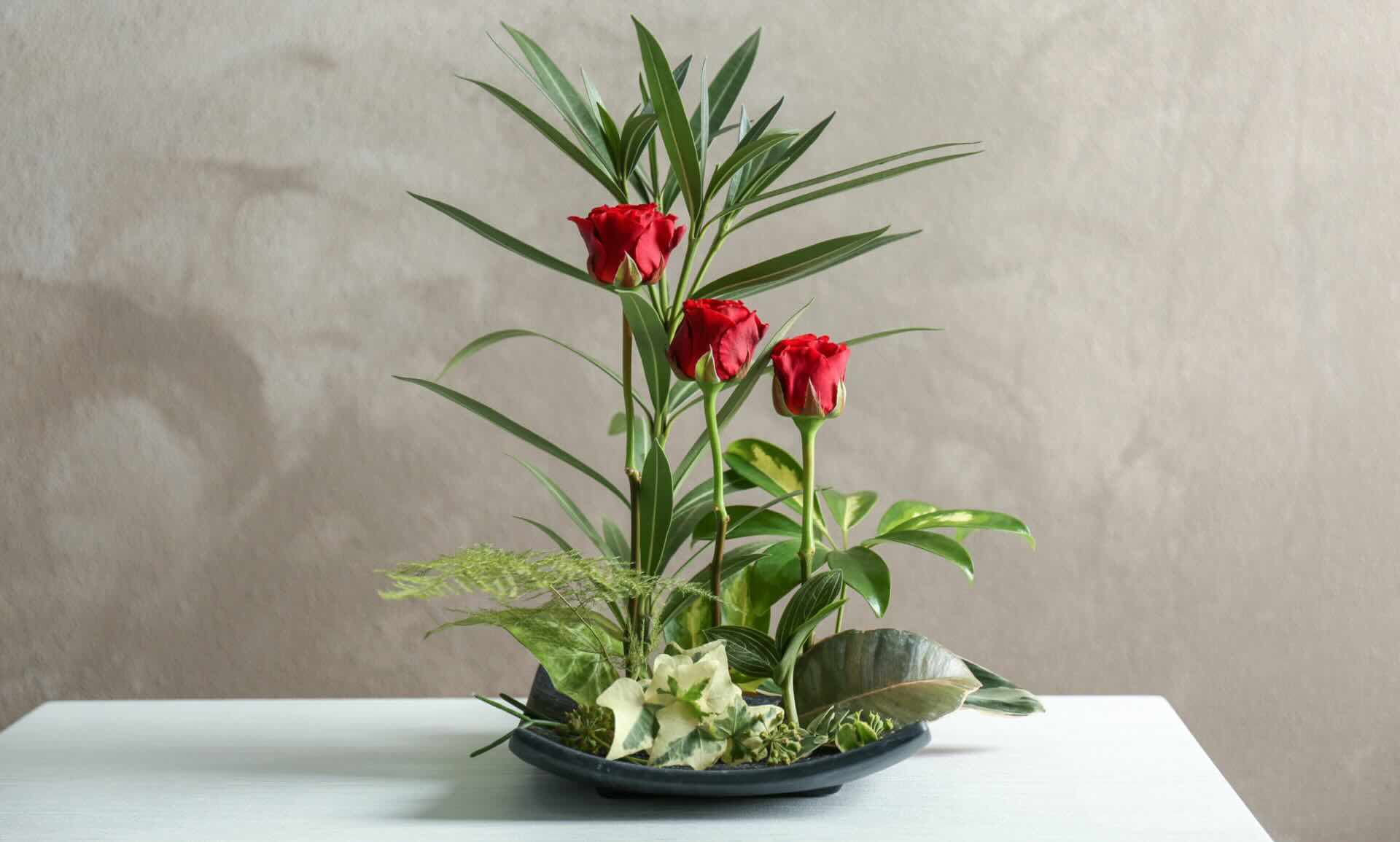
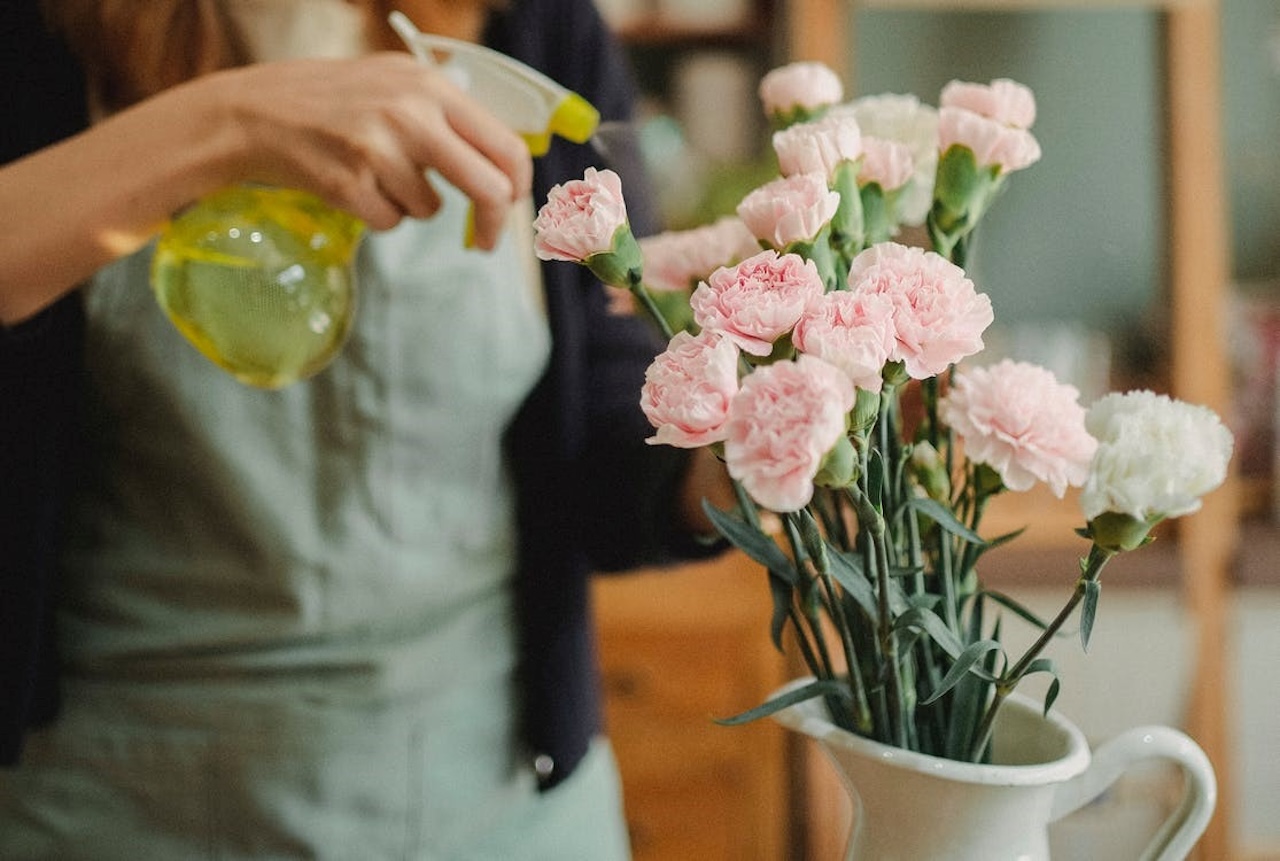
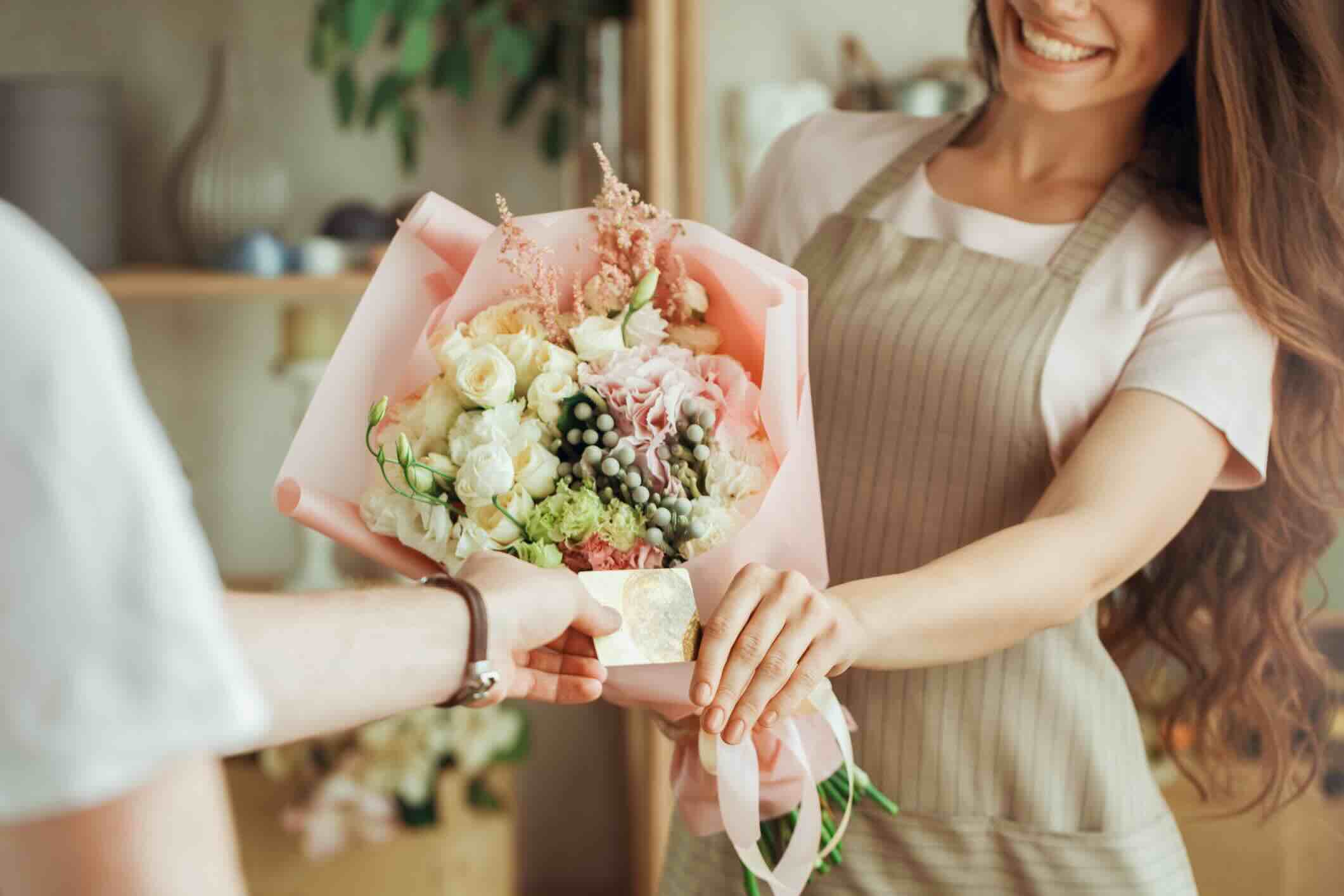
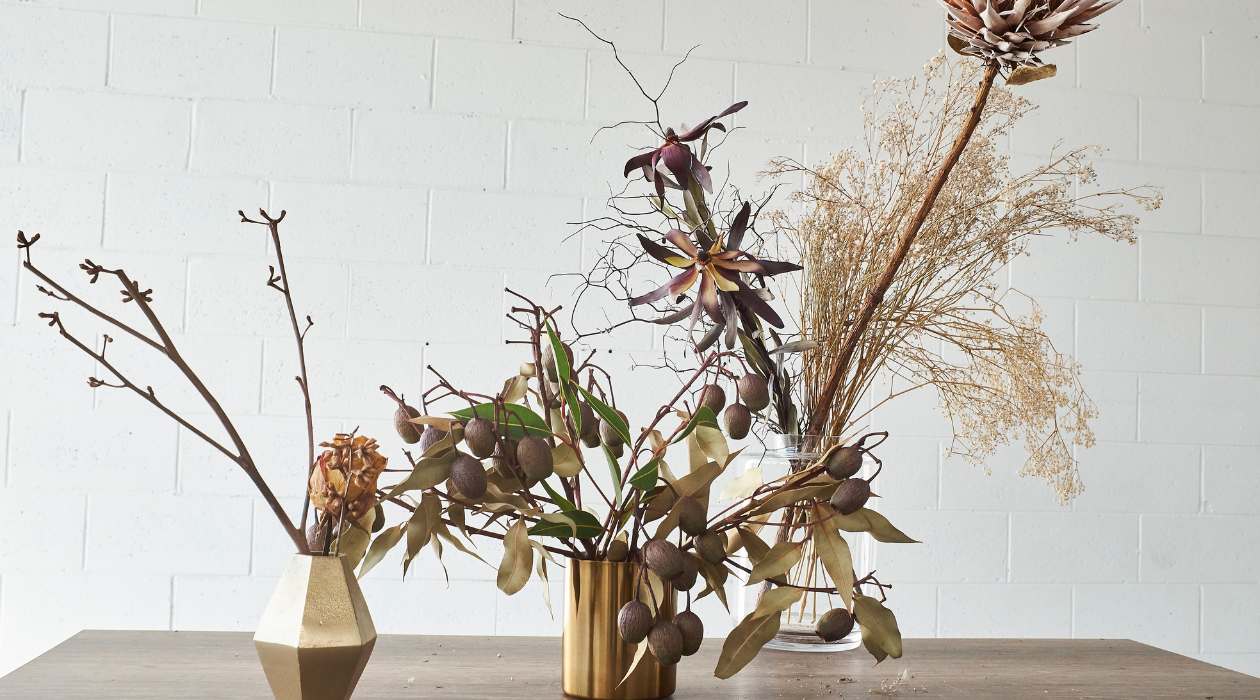
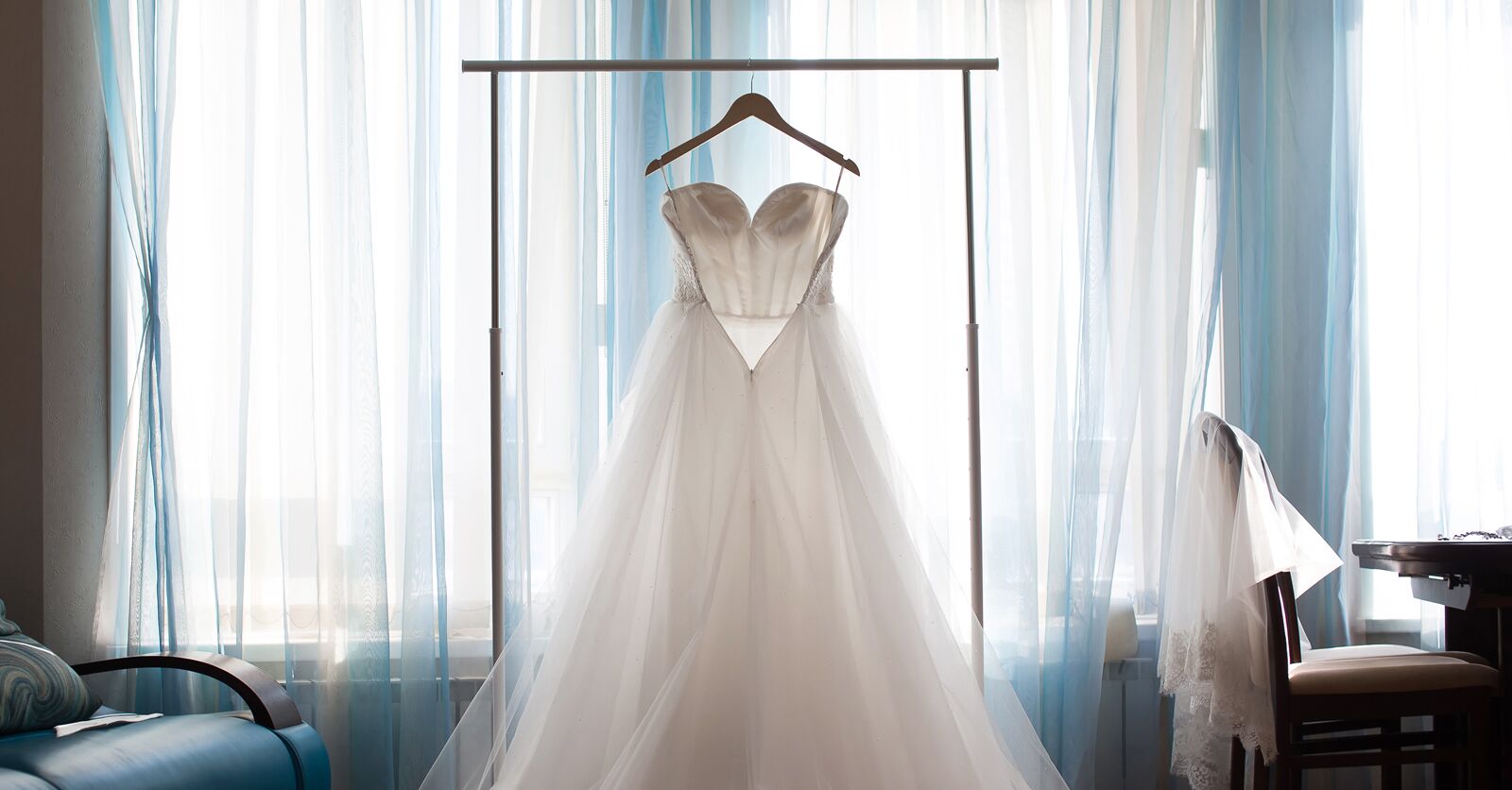
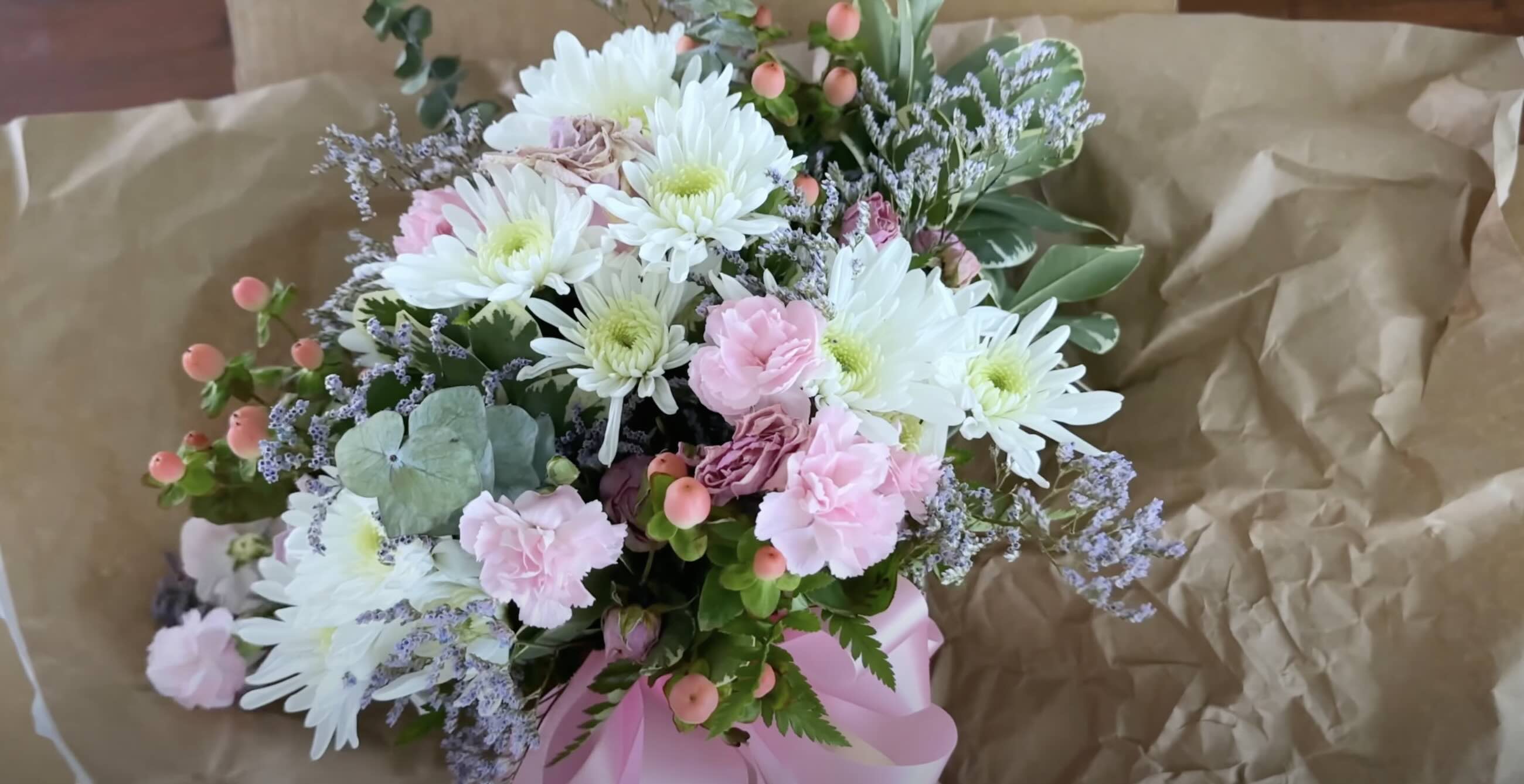
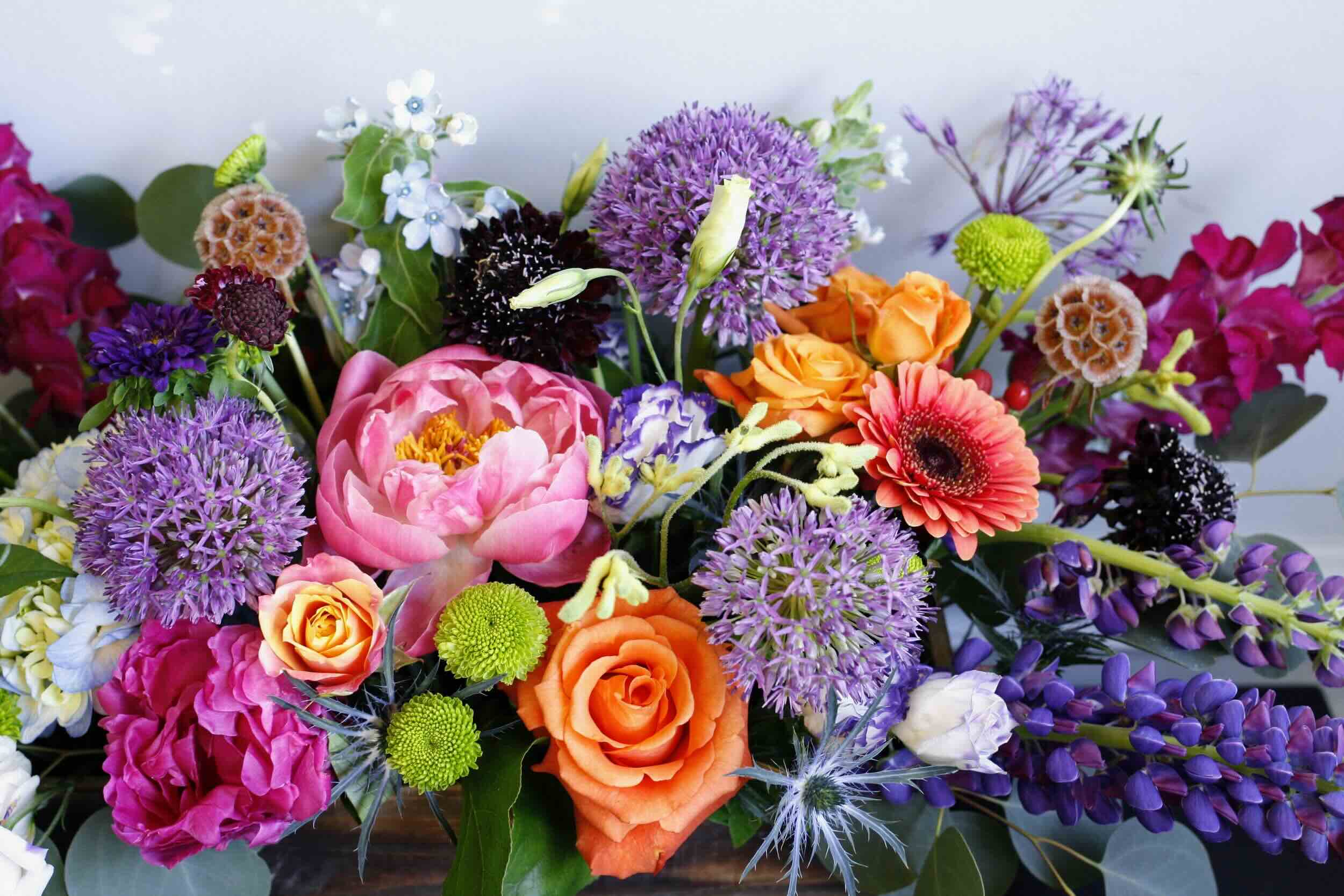
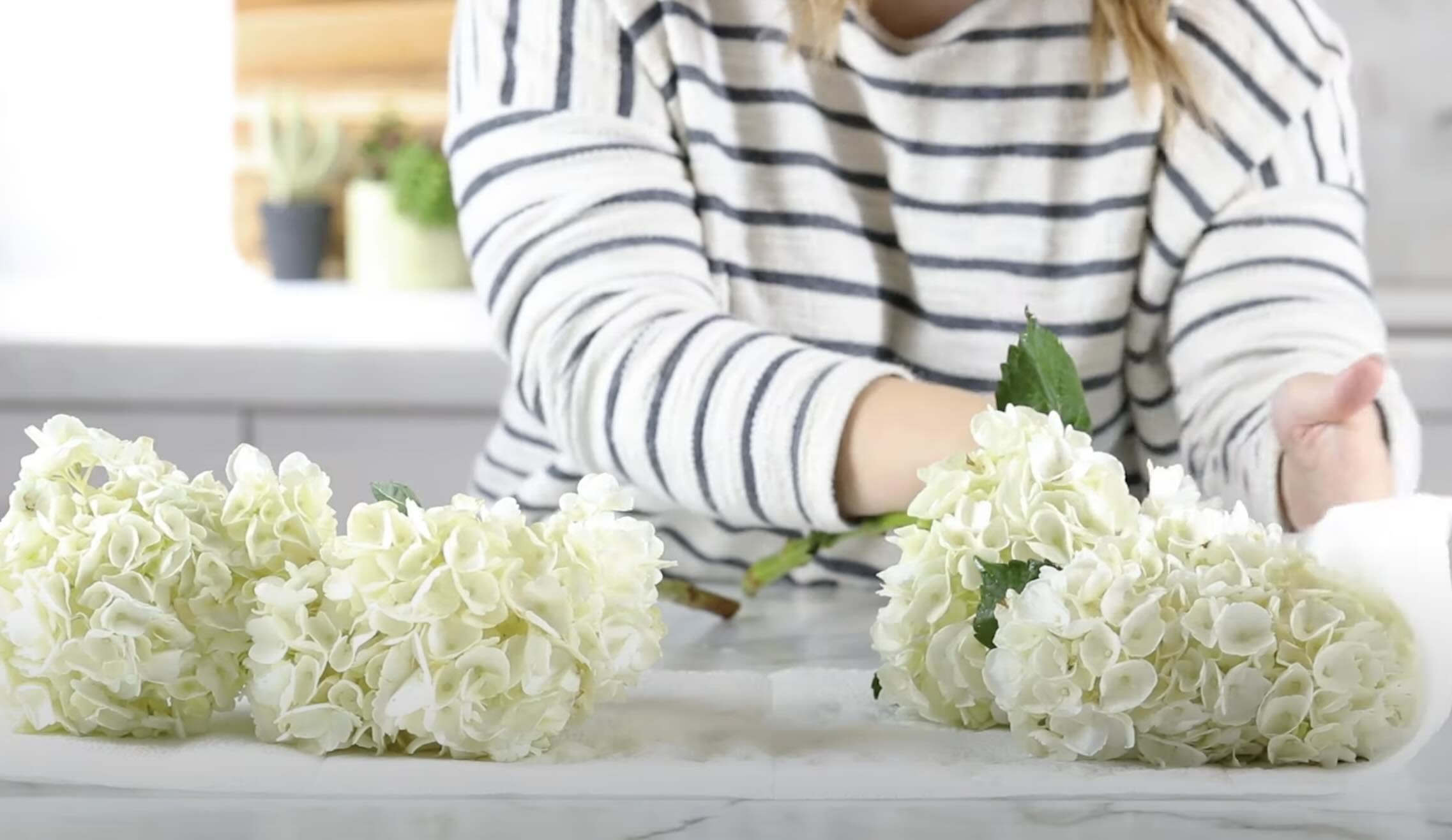
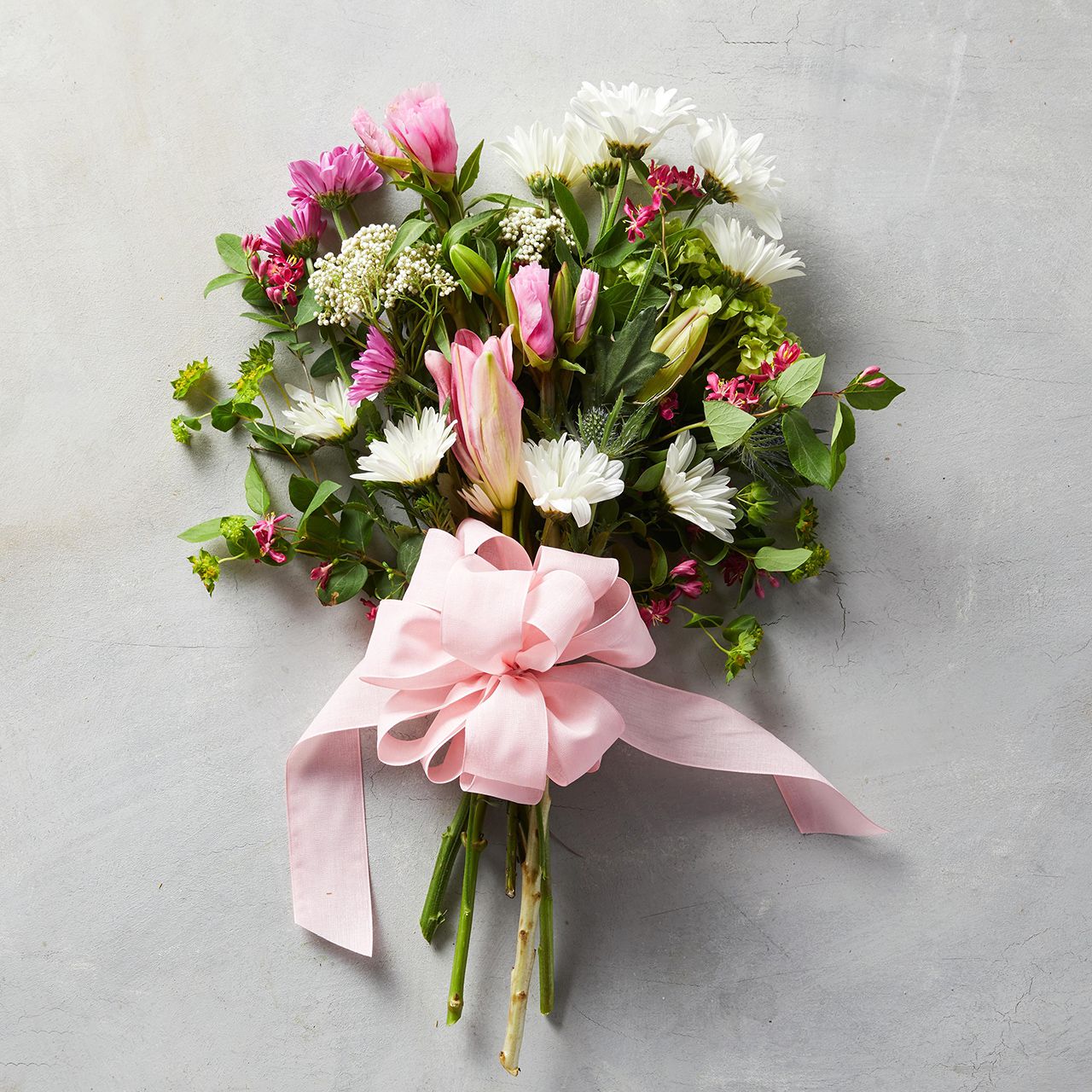
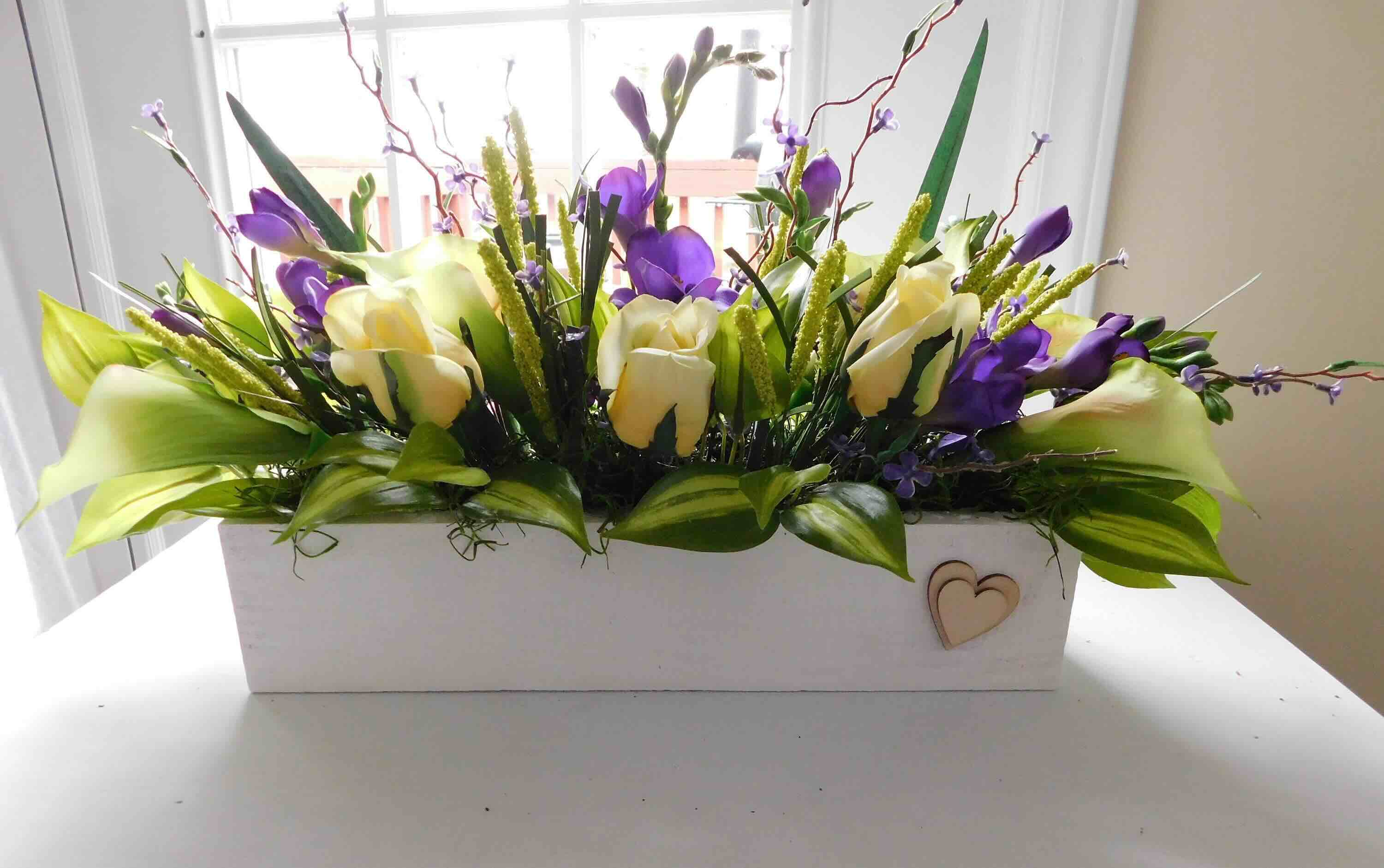
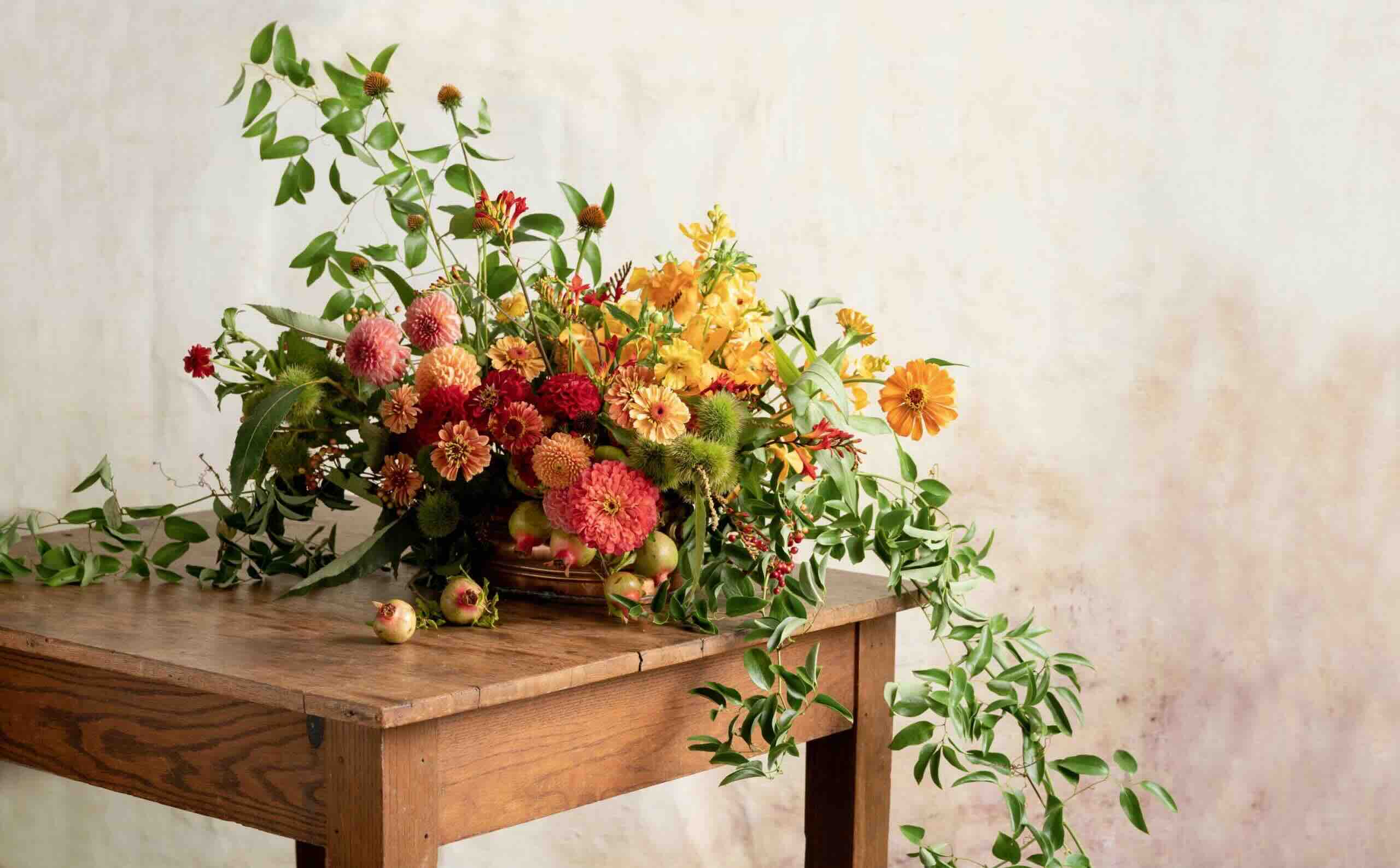
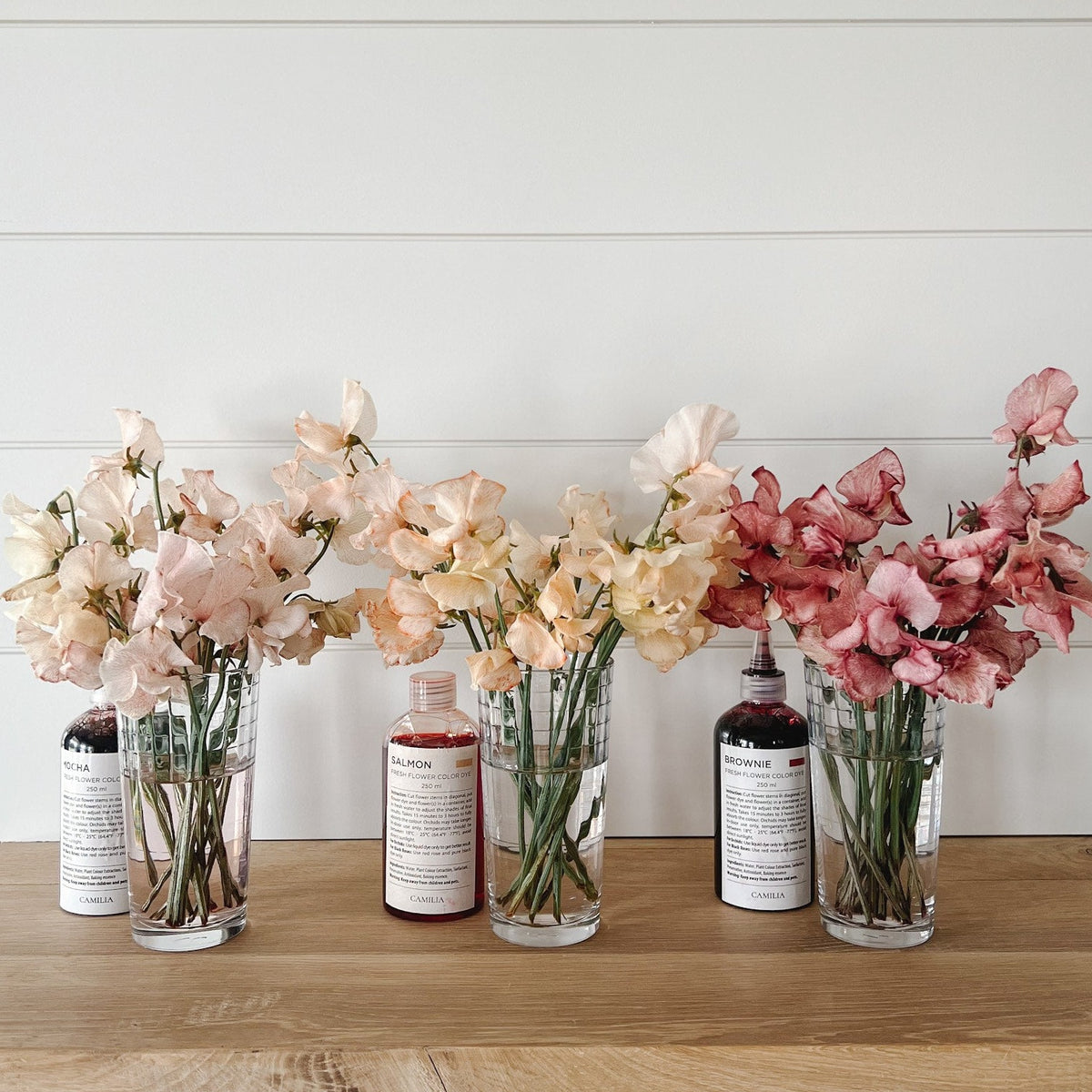
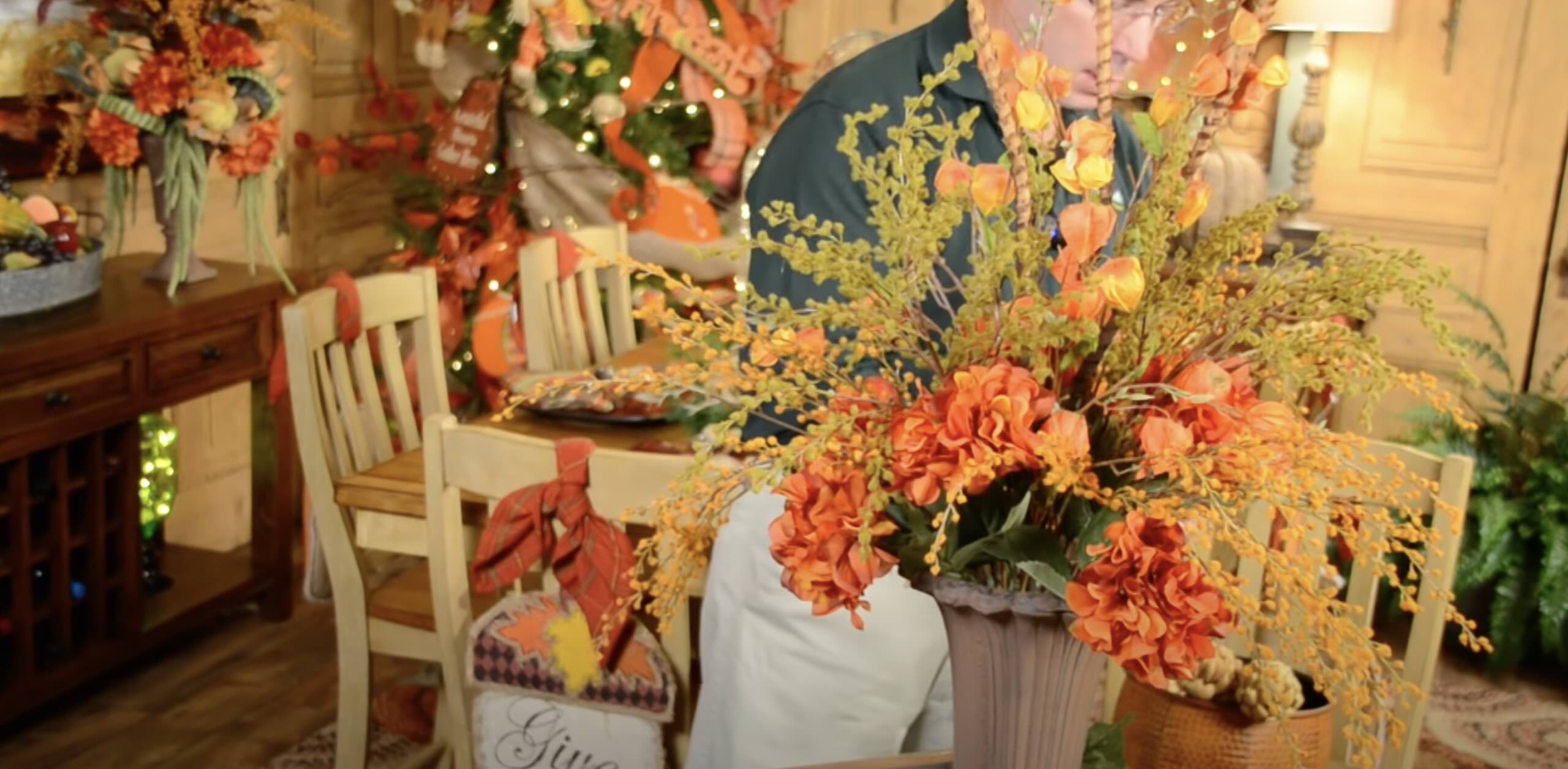

0 thoughts on “Who Keeps The Floral Arrangements After A Wedding”